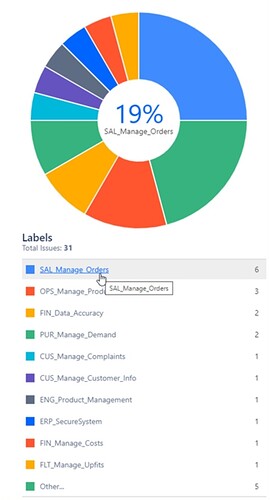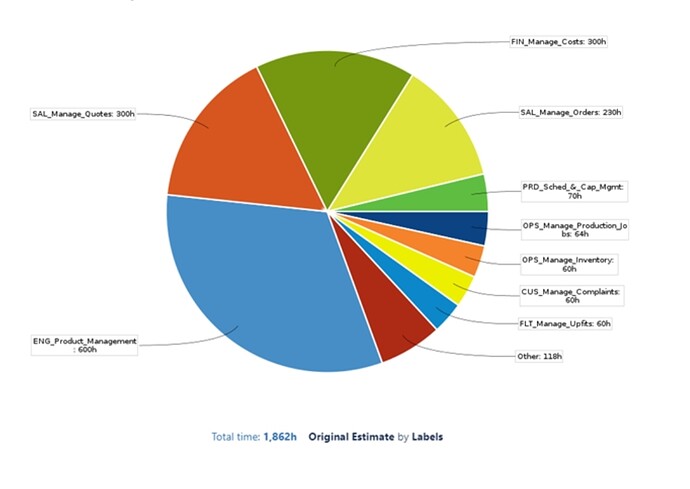It is a quiet morning here at work and I am in my thoughts.
I started working at my current company ~3 years ago. I was familiar with the concept of ERP and I had experience with other software, but I had never heard of Epicor until my first day on this job. Since then it has been a journey of learning about the unique challenges here, and Epicor itself.
I view two major components of my role here to be first cultivating engagement from everyone to constantly learn the capabilities of the system and discover new ways to leverage it to make their jobs easier and work more effectively, and second, to be the steward of this system and to mold it and shape it in a way that I feel best accomplishes this.
One aspect I find, maybe not difficult, but at least interesting to navigate, is when these two things conflict with each other.
What do I mean by this?
I believe one important aspect of cultivating engagement is giving people what they ask for, or at least having their experience of expressing an idea be a positive one. When someone cares enough to come to me with an idea or a question, the last thing I want to do is tell them their idea is bad or their question is misguided, even when it is. How I handle these situations can directly impact the likelihood of them engaging with me in the future, not to mention their receptiveness to a new process or initiative that affects them.
So do we just say yes to everything? This actively goes against component two. If I do not apply enough scrutiny to a request, I run the risk of creating something that is redundant, perhaps obviated by the functionality of an existing report or dashboard, or maybe I am applying a band-aid to an issue, when the correct course of action would actually be addressing the root cause and eliminating the need for the request altogether.
I will fully admit my willingness to engage in these types of discussions is directly related to my knowledge and understanding of the topic in question, and my relationship to the individual making the request. When someone from the accounting department asks me for something, for example, my usual course of action is to give them specifically what they want, no questions asked. Mostly because this aspect of the business is, shamefully, a hazy mystery to me. Conversely, when the subject is related to supply/demand, I feel much more comfortable ‘pushing back’ and getting to the meat of the issue driving the request.
Here, at this company, I am navigating these waters mostly alone, but on this forum, I know many of you share these same responsibilities. Wondering how you feel, and how you handle it.



